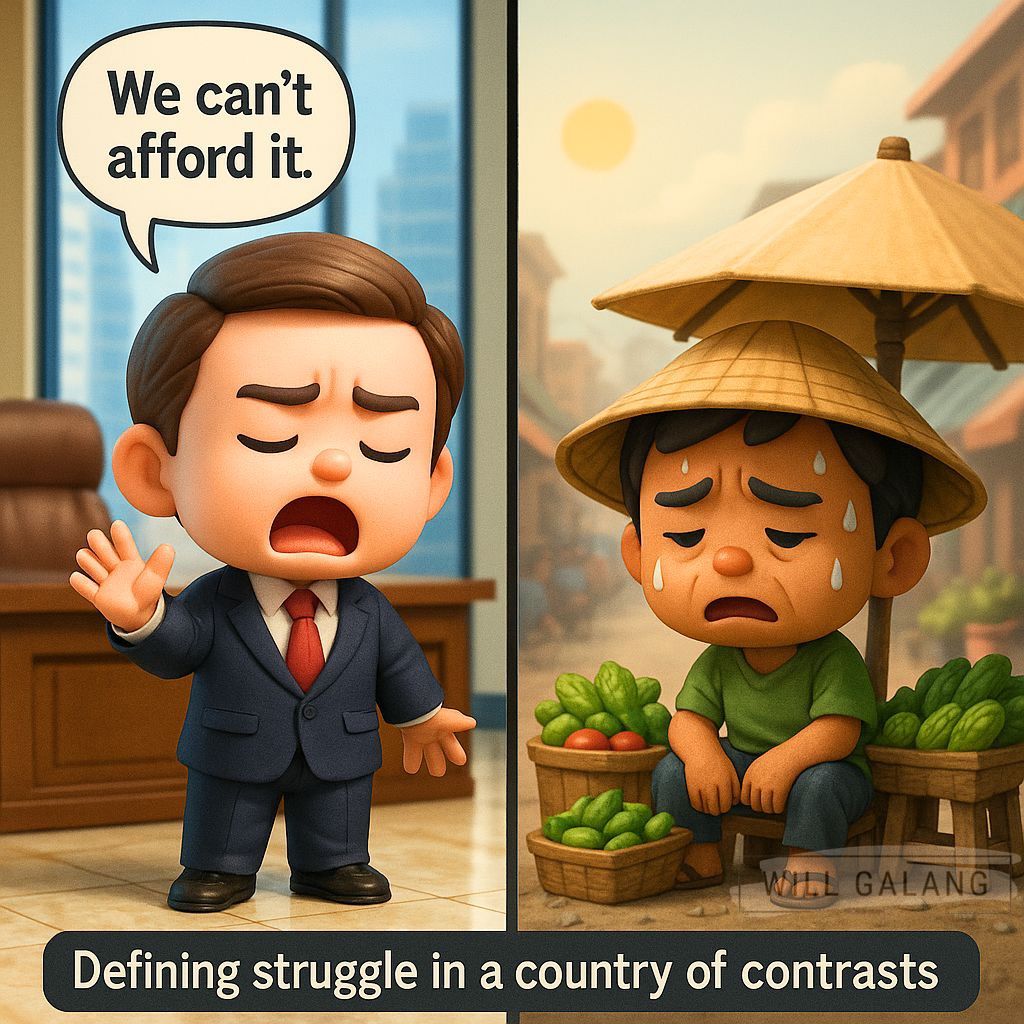
Every time someone mentions raising the minimum wage in the Philippines, the same old doomsday predictions start rolling in: “Businesses will close! Jobs will disappear! The economy will crash!” You’d think giving workers a few extra pesos was the end of the world. But let’s be honest—this isn’t a real crisis. It’s a script. And the loudest actors? So-called “small businesses” that aren’t always as small—or as helpless—as they pretend.
The Philippines classifies companies with ₱100 million in assets and nearly 200 employees as “MSMEs” (Micro, Small, and Medium Enterprises)—hardly the struggling sari-sari store down the street. Yet they love playing the victim, acting like a tiny wage hike will wipe them out or cause runaway prices of goods and services. Funny how that disaster never seems to happen, no matter how many times they warn us.
Where’s the proof? No one shows their books. No real numbers, just dramatic speeches and lobbyists shouting about how impossible it all is—while workers keep scraping by on wages that haven’t kept up with prices.
The truth? For a lot of these businesses, poverty wages are the plan. Instead of finding ways to be more efficient, cutting waste, or maybe—just maybe—trimming some fat from the top, they’d rather keep paychecks as small as possible. But let workers demand fair treatment? Suddenly, that’s an unaffordable luxury.
Now, are there real small businesses—tricycle drivers, carinderias, home-based tailors—who’d feel a wage increase? Absolutely. They need help, not heavy-handed rules. But they’re not the ones flooding the news with apocalyptic headlines every time a wage hike comes up.
If a business can’t survive without keeping its workers poor, maybe the problem isn’t the wage increase. Maybe the problem is the business.
